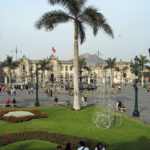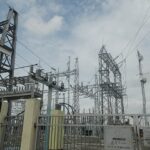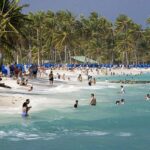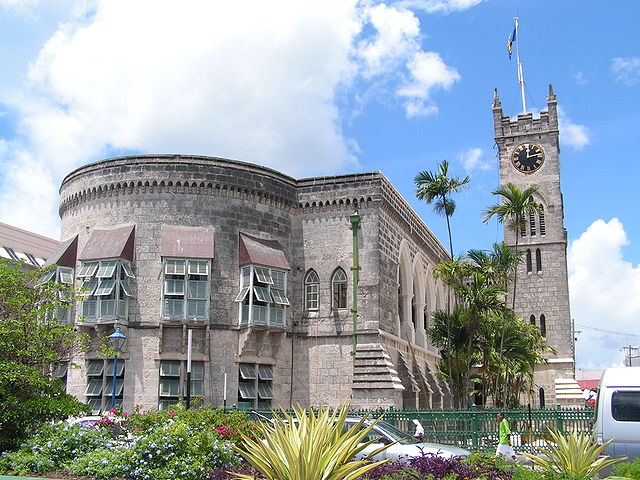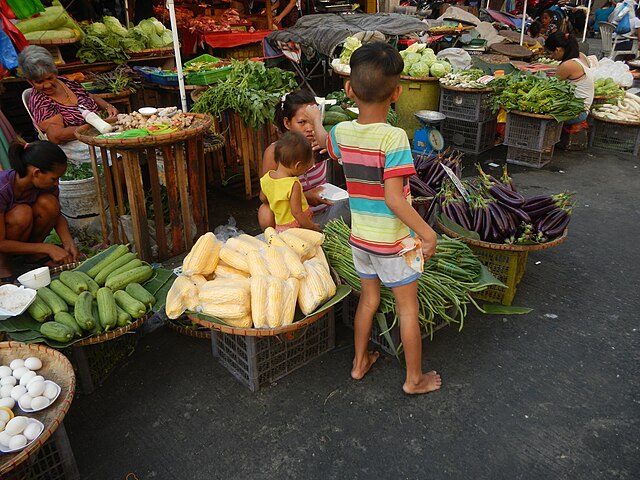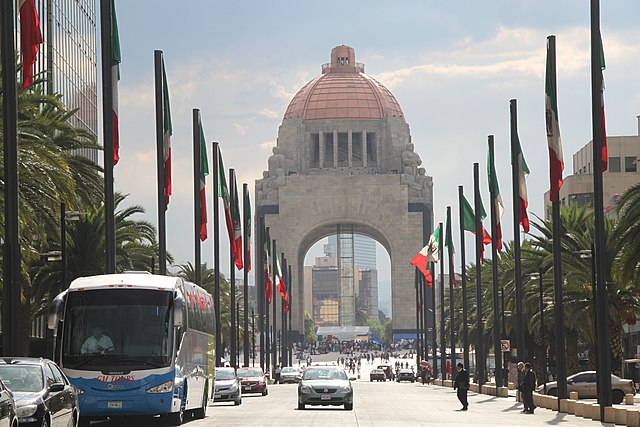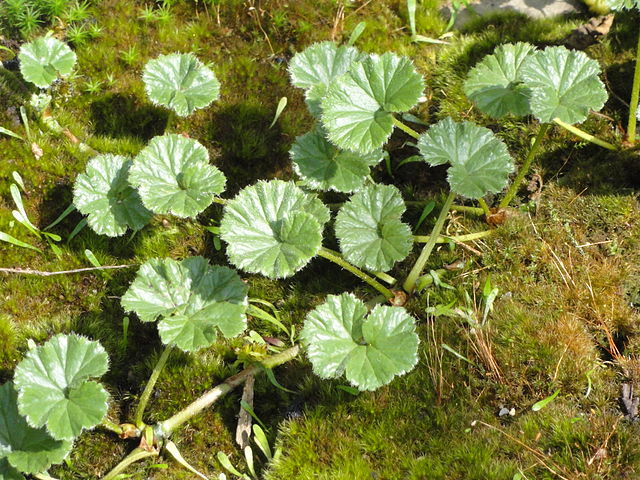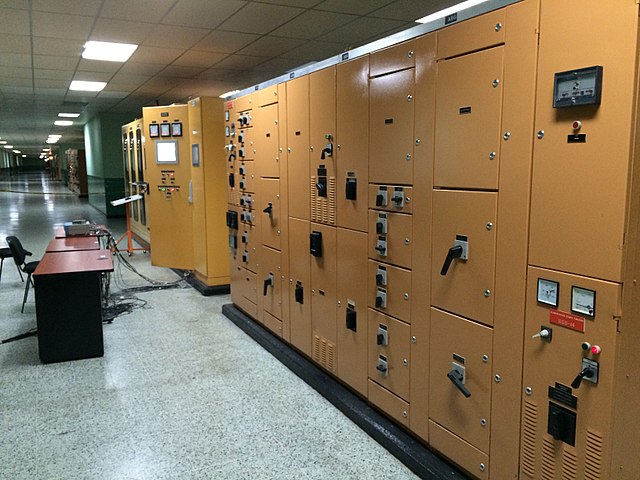June 23, 2023, marked a significant milestone for the Government of Barbados as it unveiled a comprehensive package of innovative initiatives aimed at accelerating the country’s transition to a net-zero economy, enhancing resilience, empowering workers, and attracting private sector investment. These initiatives, announced during the Summit for a New Global Financing Pact in Paris, are built upon ongoing climate policy reforms supported by the Resilience and Sustainability Facility (RSF) in collaboration with the International Monetary Fund (IMF). Through unprecedented cooperation and a holistic “system approach,” the government, along with its long-standing financing partners, including the Inter-American Development Bank (IDB), World Bank Group (WBG), Development Bank of Latin America and the Caribbean (CAF), European Investment Bank (EIB), and Green Climate Fund (GCF), aims to mobilize public and private sector financing for climate projects and pave the way for sustainable development in Barbados.
Barbados, as a small island nation highly vulnerable to the impacts of climate change, recognizes the urgent need for significant investments to protect its citizens from the adverse effects of hurricanes, flooding, and droughts, while preserving its natural capital. However, the government’s commitment to achieving sustainable public debt levels poses limitations on its borrowing capacity for public investments. In response to these challenges, four complementary approaches have been identified in partnership with financing institutions to address the unique needs of Barbados.
One of the groundbreaking initiatives introduced by the Government of Barbados is the establishment of a new Blue Green Bank. Utilizing USD 10 million from the fiscal space created by the RSF, this capital will be leveraged to support five times the lending amount. The Blue Green Bank aims to finance over USD 250 million in green investments, including affordable homes, hurricane-resilient roofs, electrification of public and private transport, and other Paris-aligned projects. Additionally, potential partners such as the GCF, CAF, and IDB are considering providing technical support or capitalization to strengthen the Blue Green Bank’s operations.
To develop more resilient infrastructure, Barbados will benefit from low-cost, long-term loan instruments made available by development finance institutions such as the EIB, CAF, IDB, GCF, and RSF. These funds will support the government’s investment in climate-resilient water and waste treatment infrastructure, flood and coastal protection, as well as efforts to transform state-owned enterprises and empower workers. The EIB, for instance, has allocated USD 18 million in grants from the European Union (EU) to support climate-resilient water, sanitation, and clean ocean projects across the Caribbean, alongside a USD 165 million loan facility.
Furthermore, the GCF will offer grants of up to USD 1.5 million per project for end-to-end project preparations, innovation, and transformational impact, as well as support in preparing investment proposals for further GCF funding. These financial resources will play a vital role in enhancing the resilience of Barbados’ infrastructure and ecosystems.
Barbados aims to attract private investment through Public-Private Partnerships (PPPs) by strengthening project preparation support. Multilateral financing partners, including the IDB, will provide assistance in developing the government’s capacity and expertise in PPPs, fostering an environment conducive to private sector participation. The World Bank Group’s Multilateral Investment Guarantee Agency has also made investment guarantees available to reduce the cost of private sector financing. Moreover, the International Finance Corporation (IFC), a member of the World Bank Group, will support Barbados in developing the country’s first large-scale onshore wind project, contributing to grid resilience and sustainable energy production.
In addition to infrastructure development, Barbados is actively working with its development partners to explore non-debt investments in nature and social capital. Following the success of the 2022 Blue Bond with the IDB and The Nature Conservancy, which released approximately USD 50 million for marine conservation, Barbados aims to build on this momentum. The government, along with its partners, seeks to develop new instruments to support investments in nature and social capital, safeguarding the country’s natural environment and promoting social well-being.
The initiatives introduced by the Government of Barbados reflect a forward-thinking and comprehensive approach to address the challenges of climate change, economic development, and social empowerment. Prime Minister Mia Mottley highlighted the significance of innovative instruments, partnerships, and cooperative ways of working together in overcoming these complex challenges. The cooperation between the government, the RSF, and various financing partners demonstrates a commitment to collective action and shared responsibility in pursuit of sustainable development.
The Managing Director of the IMF, Kristalina Georgieva, commended Barbados for its efforts in catalyzing private climate finance and emphasized the importance of supporting member countries’ climate goals. The collaborative nature of these initiatives aligns with the IMF’s commitment to greening the economy and fostering resilience. Similarly, the IDB, as one of Barbados’ close development partners, acknowledged the need for innovative financing mechanisms to mobilize private financing for climate-smart investments.
CAF, being a development bank owned by Latin American and Caribbean countries, recognizes the challenges faced by small island nations due to climate change and is dedicated to channeling increased resources to strengthen the resilience of member countries. The EIB, as the EU Climate Bank, echoed the urgency to support countries like Barbados in combating the devastating consequences of climate change. Their commitment to providing extended loan tenors and natural disaster risk clauses reflects the institution’s determination to help vulnerable communities recover and rebuild after crises.
The GCF, which has played a vital role in developing the concept of the Blue Green Bank, expressed its support for the financing landscape transformation in Barbados. The GCF’s potential substantial investment in the new bank demonstrates its confidence in the effectiveness of such initiatives. Finally, the IFC reiterated its commitment to collaborating with Barbados and other multilateral institutions to accelerate the flow of private capital, contributing to the country’s climate resilience and low-carbon aspirations.
Barbados’ ambitious initiatives to develop resilient infrastructure, attract private investment, and invest in nature and social capital are crucial steps toward achieving sustainability and economic growth. By leveraging the expertise and resources of various multilateral banks, Barbados is paving the way for a resilient and prosperous future. The collaboration between the government, financing partners, and international institutions demonstrates the power of collective action in addressing global challenges. As Barbados takes the lead in implementing these innovative approaches, it serves as an inspiration for other nations to adopt similar strategies and foster sustainable development for the benefit of both present and future generations.


